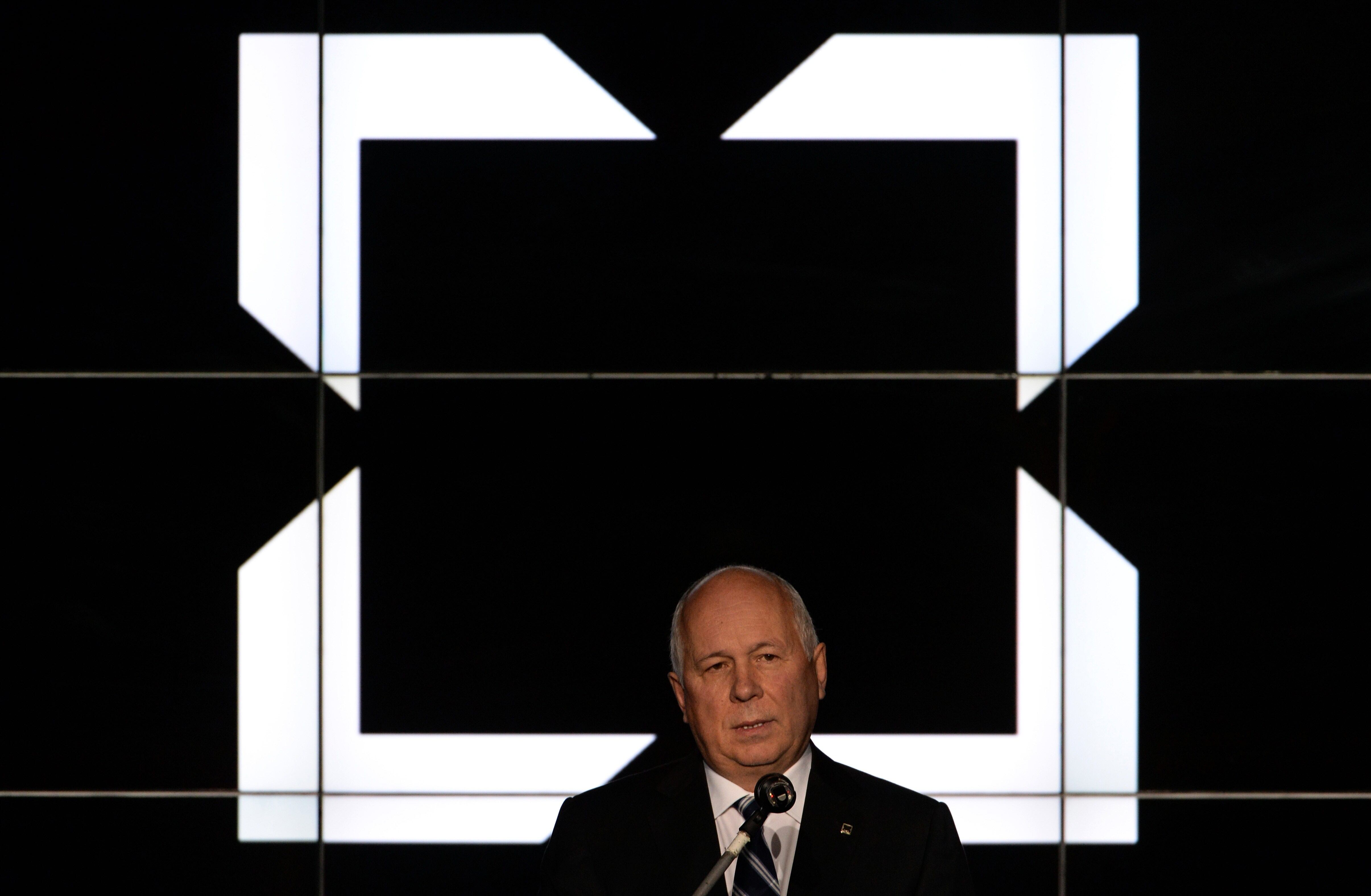MOSCOW — For years, Russia has faced international sanctions that limited its ability to build or acquire state-of-the-art military capabilities. Now, President Vladimir Putin and the country’s military leaders are trying a new tactic to acquire and develop the weapons they need: They’re asking Russian small businesses for help.
“The country’s defense complex has enormous potential, which allows it to solve problems of a very different scale. But it is really difficult to master the production of civilian products by the military-industrial complex. It has no experience of working in tough market conditions. Business should come to the rescue,” Sergey Katyrin, the president of the Chamber of Commerce and Industry, told reporters following the arms trade show Army 2021 last month.
Last week, dozens of private Russian companies, many of which already perform defense work, took part in the annual Army forum, which ran Aug. 22-28. The small businesses - working in a range of topics, from information technology to optics - were trying to capture the attention of Russia’s largest prime contractors.
At first glance, Army 2021 was a display of traditional Russian military might. But behind the scenes were military and civilian industry officials and experts discussing two critical issues facing local businesses: import substitution and production diversification.
United Aircraft Corporation, a subsidiary of the state corporation Rostec, is no stranger to import substitution. After several Western companies declined to provide composite materials for the MC-21 jetliner, UAC turned to domestic providers, including private companies.
Speaking to Defense News, an official with the Ministry of Industry and Trade described the effort to replace foreign-made materials as a “splash” for Russian industry. For example, Russia has successfully replaced Ukrainian-sourced engines for ships and helicopters with homemade versions.
However, circumstances in the field of microelectronics are more complicated. Many Russian manufacturers lack the ability to produce their own microelectronics, instead turning to Asian countries.
According to Russian arms export agency Rosoboronexport, a boost to the local development of microelectronics and related components will require a government investment of 798 billion roubles (U.S. $11 billion) to 2024.
The presence of such foreign-made components in Russian-made devices creates an obstacle for domestic firms seeking business with the military. One of them is Siltech, a producer of devices that scan product labels and keep track of the data.
The company attended Army 2021, and its manager, Grigory Britvin, said it’s been unable to win business with the Defence Ministry because its products depend on foreign-made materials. But he said he doesn’t regret the company’s approach, citing bureaucratic red tape as the problem.
Nevertheless, he added, “we are a commercial company, and the speed [of acquisition] is a question of survival for us.”

But Vladimir Kuznetsov, the head St. Petersburg-based KUBO, which makes electric motors and servo drives for robotics and mechatronics, says military acquisition officials are beginning to change their approach.
“They understand that without modern solutions and modern technology, there will be no modern army,” he said, emphasizing that private businesses are the solution.
Embracing diversification
Meanwhile, Russia’s broader defense industry is facing a downturn in military spending, which means fewer arms purchases by the state.
The country spends 2.7 percent of its gross domestic product on defense, but that’s expected to drop to 2.6 percent in 2022 and again to 2.5 percent in 2023, according to government figures.
In 2017, Putin ordered the country’s military-industrial complex to dedicate 30 percent of business activities to making civilian products by 2030, and 50 percent by 2050.
The move was seen as part of efforts to boost domestic production amid Western sanctions. That includes Russia’s Foundation for Advanced Studies, the military’s home for its most ambitious projects.
RELATED

Officially stood up in 2013, the foundation is basically a Russian analog of the U.S. Defense Advanced Research Projects Agency. It has supported several civilian projects, including the production of the underwater drone Vityaz-D by the Rubin Design Bureau, which was successfully tested in the Mariana Trench. (For now, there’s only one unit in existence.)
Some defense companies at Army 2021 showed off small tractors and scooters, while others presented more high-tech products. Almaz-Antey, the maker of the S-400 air defense system, showed off an unmanned ground vehicle with the potential to serve both civil and military purposes. The product is fully Russian-made, company officials said during a presentation.
Anton Drozdov, the senior manager at Promsvyazbank, a bank that helps defense companies carry out diversification projects, told the daily Kommersant in July that about 70 percent of local defense firms “have a low or a very low level share of civil production.”








